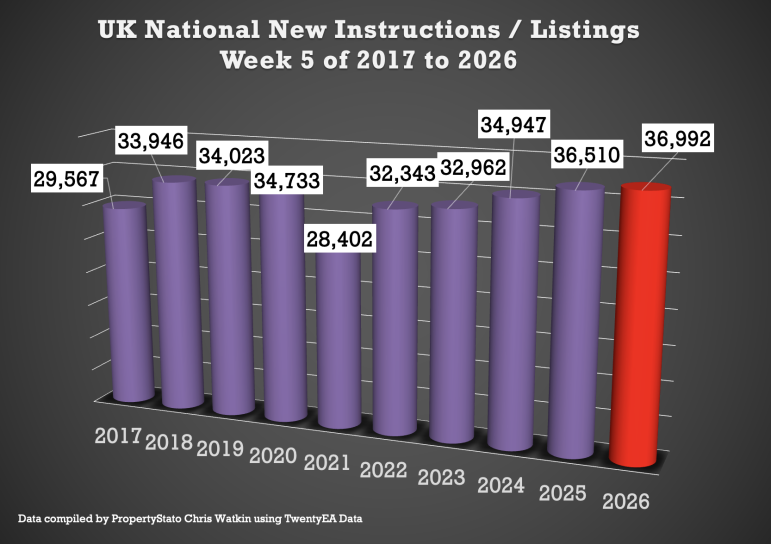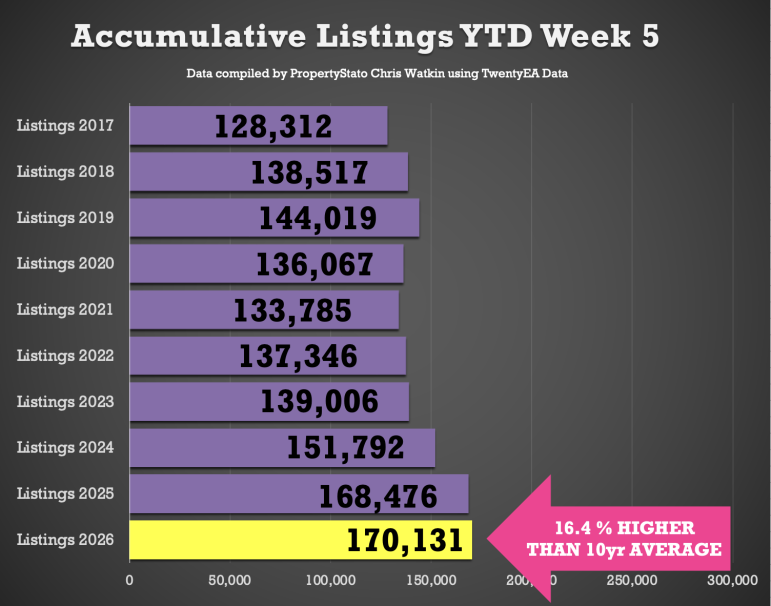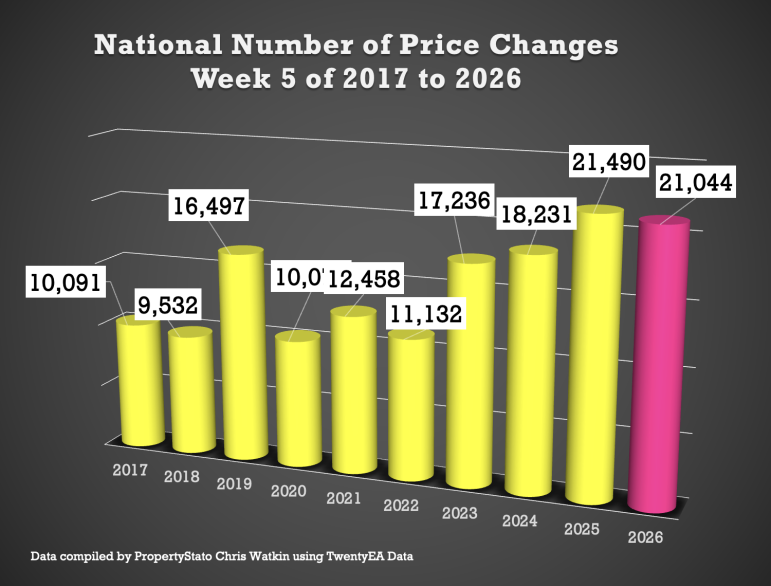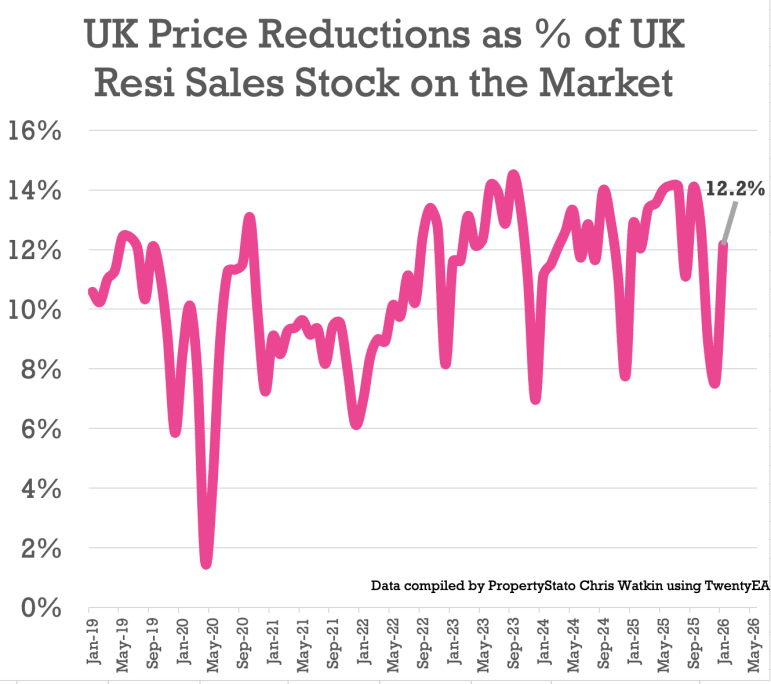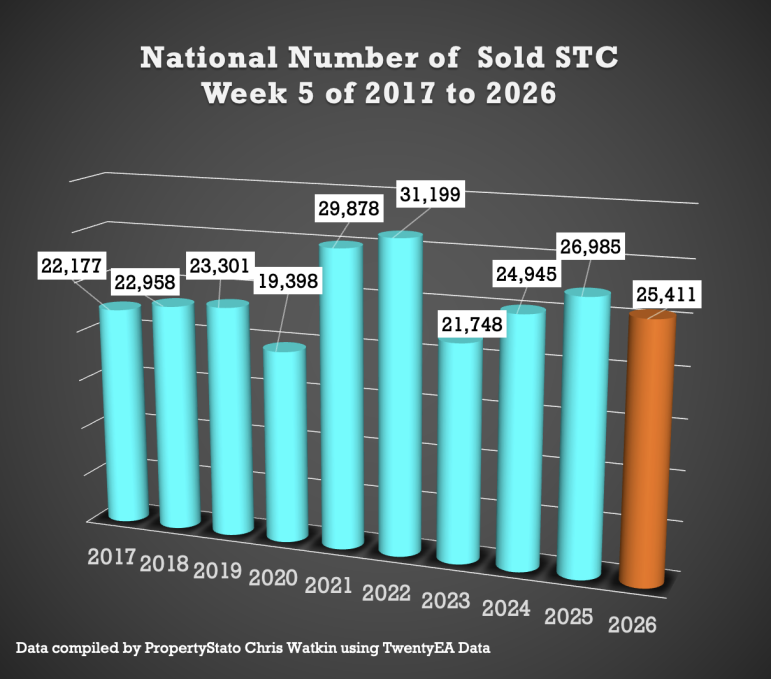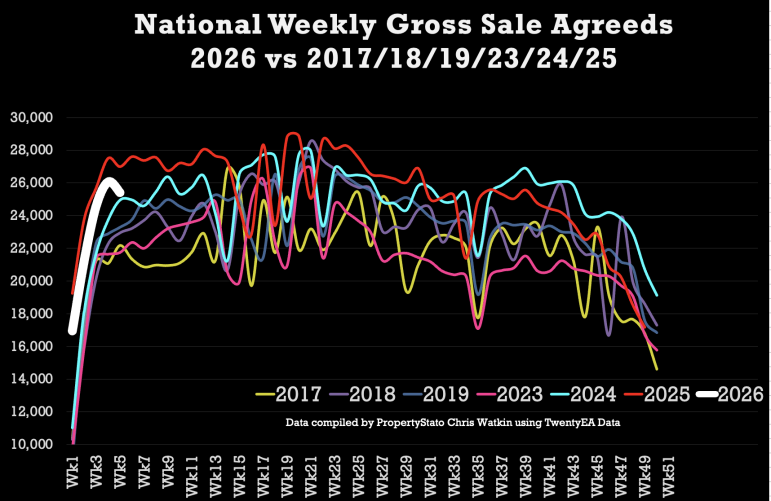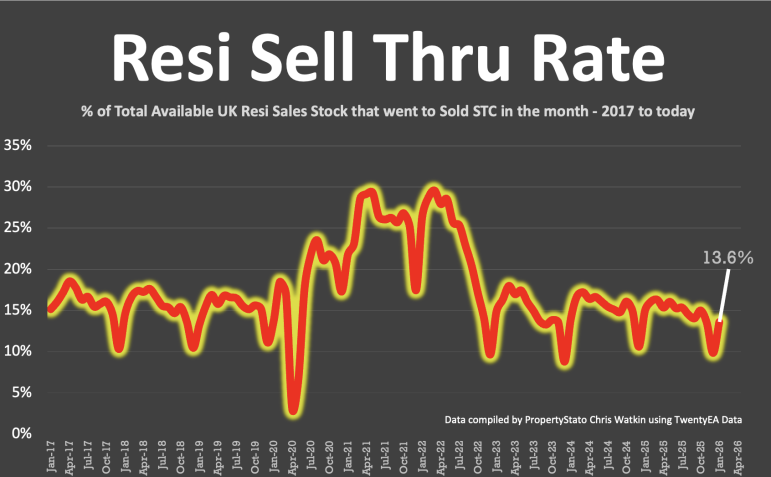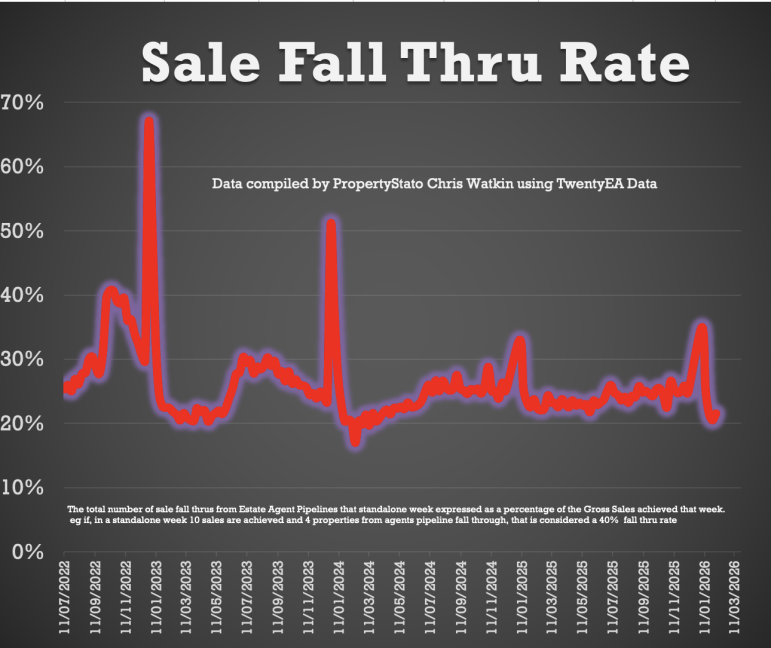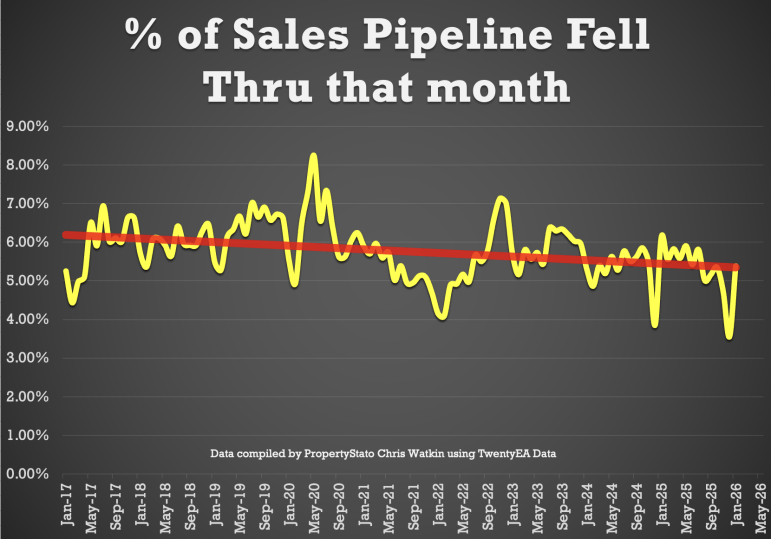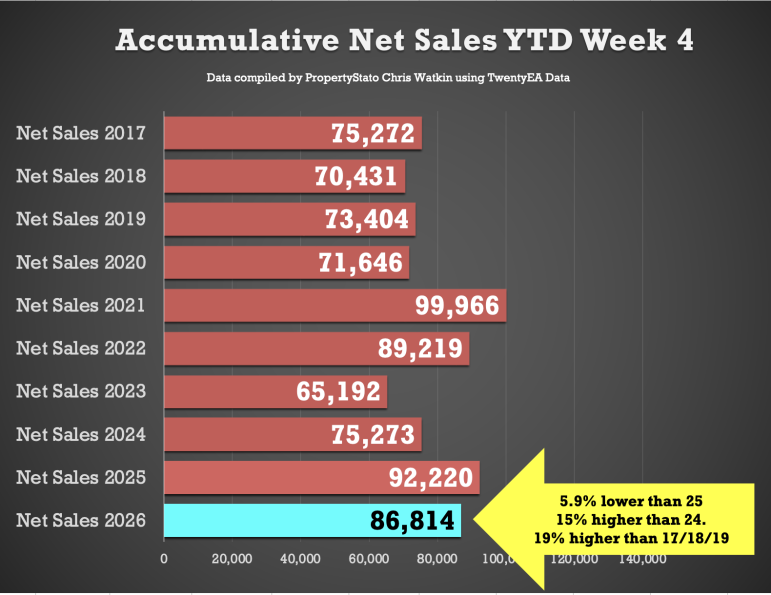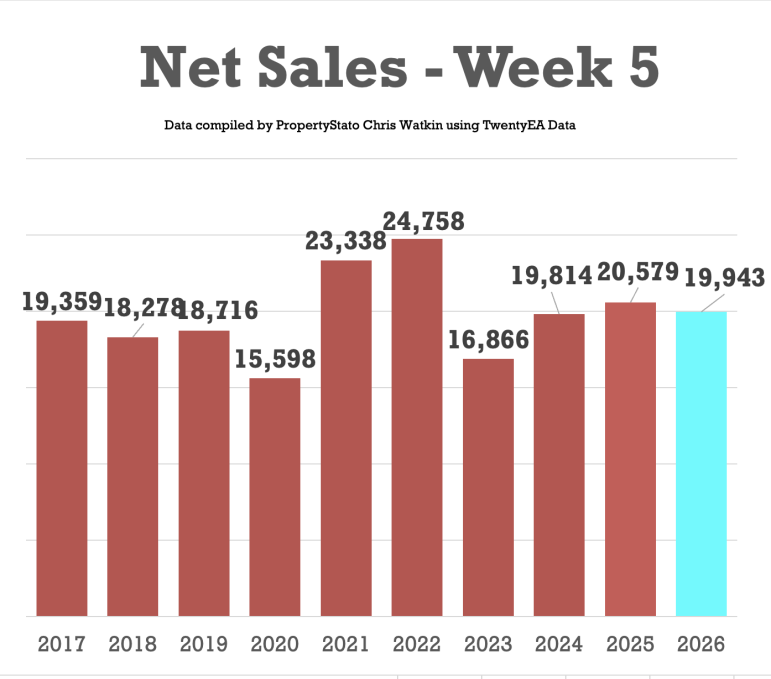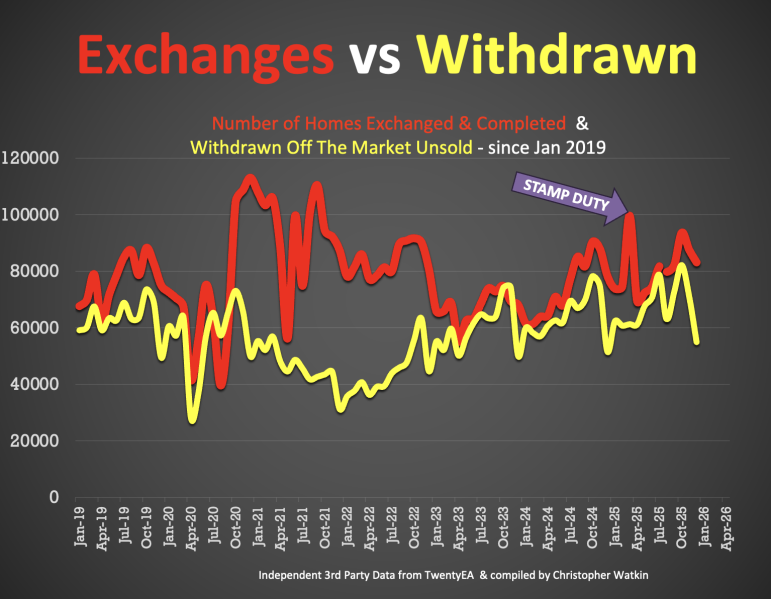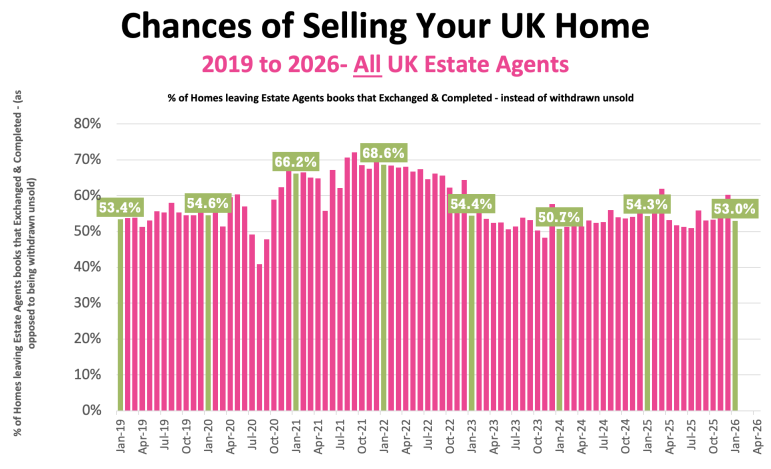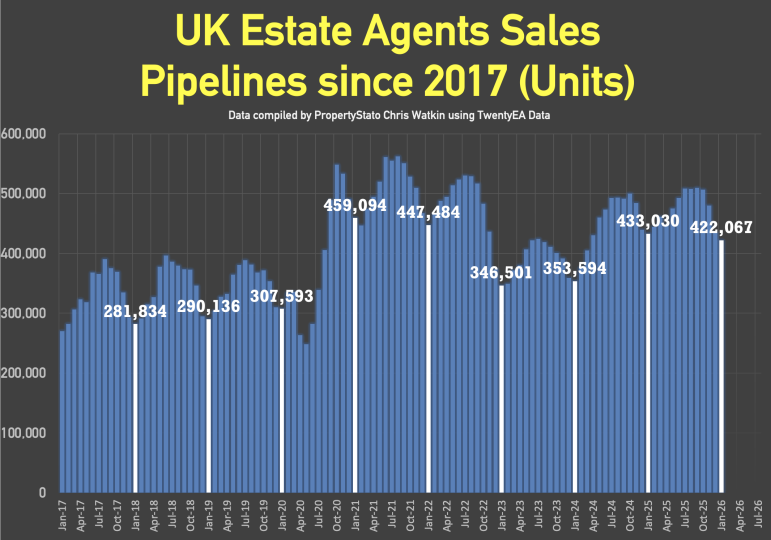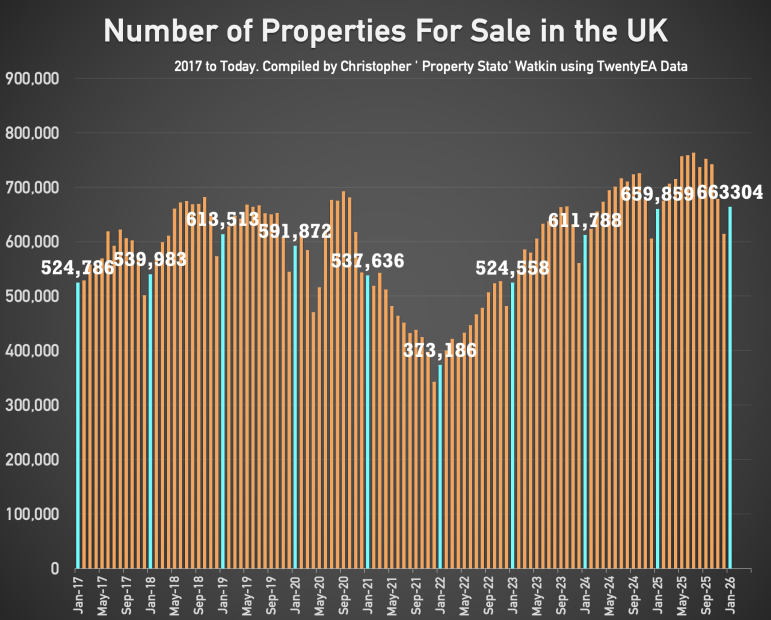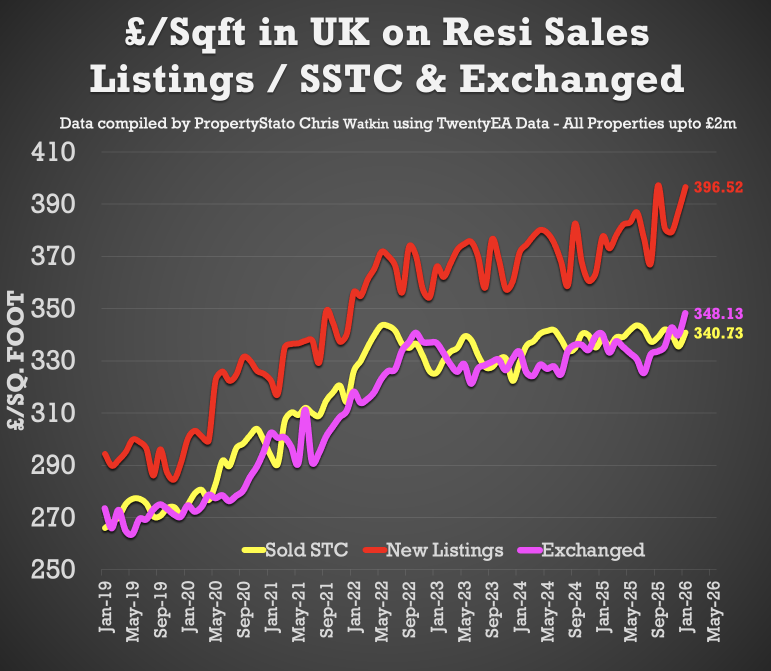The average UK private tenant spent £10,580 on rent in 2025 – equivalent to 41% of their net income.
This marks a significant rise from 2024 when renters spent an average of 36% of their take-home pay on rent.
The personal share of rent paid by each tenant increased by £684 (6.9%), while average net income rose only modestly from £27,710 to £28,810.
The analysis by Canopy looked at some 119,000 individual renters, measuring average take-home salary of employed tenants against their share of rental costs.
Typically, spending 40% of take-home salary is considered the very outer limit of affordability.
Canopy says this indicates that the majority of tenants are currently at the edge of what is considered financially feasible or ‘comfortable’.
Affordability worsens regionally across the UK
Several regions now exceed the 40% affordability benchmark.
London is the least affordable region at 48%, despite having the highest average income at £37,600.
Following close behind is the South East, with a 44% rent-to-income ratio.
The North East offers the most affordable rent, with an average rent-to-income ratio being a third of their take home salary (34%).
Yorkshire and The Humber is just above at 35%.
Full regional breakdown
- London: 48%
- South East: 44%
- East of England: 42%
- South West: 41%
- East Midlands: 38%
- West Midlands: 38%
- North West: 37%
- Scotland: 37%
- Wales: 37%
- Yorkshire and The Humber: 35%
Least vs most affordable cities to rent
The South of England continues to dominate the list of least affordable cities, but affordability pressures are now spreading northwards. Edinburgh and Manchester have now entered the top 10 least affordable cities.
Outside London, Brighton has overtaken Bournemouth as the least affordable city, with renters spending 47% of their income on rent.
In contrast, northern cities continue to offer the most manageable rent-to-income ratios. Durham, Doncaster and Hull top the list as the most affordable places to rent, with tenants spending just 32% of their income on rent.
Young adults hit hardest
According to the data, renters aged 18-25 are spending 50% of their take-home pay on rent, leaving little room for other essential costs and making saving for a house deposit increasingly difficult.
On the other hand, rent-to-income ratios improve for those aged 26-45, but still sit at 40%, pushing the limits of affordability.






